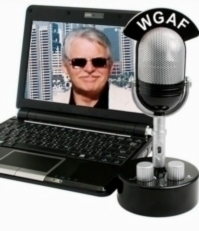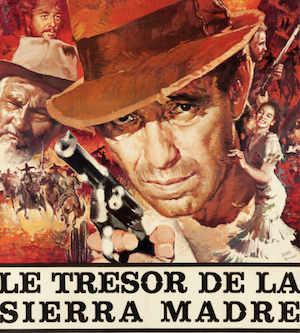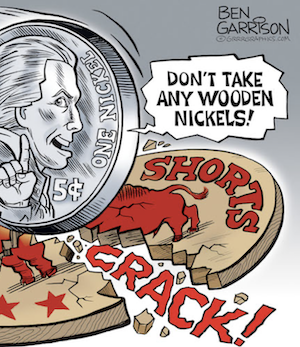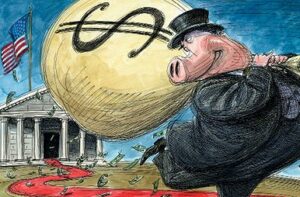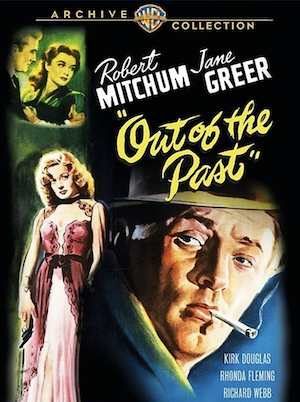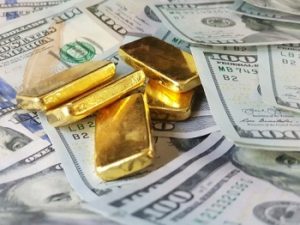 Economical Documentary on the international financial system, Gold, Dollar, Money. In 2008 the world experienced financial turmoil. Markets crashed, stocks plummeted, and financial institutions thought to be invincible, collapsed. Was the financial crisis solved or were the problems merely kicked down the road?
Economical Documentary on the international financial system, Gold, Dollar, Money. In 2008 the world experienced financial turmoil. Markets crashed, stocks plummeted, and financial institutions thought to be invincible, collapsed. Was the financial crisis solved or were the problems merely kicked down the road?
In 2008 markets crashed, stock prices plummeted, and financial institutions, once thought invincible, showed signs of collapse. Governments issued massive bailouts and stimulus packages in an effort to keep the world economy afloat. We’re told these drastic measures prevented a total collapse of our system, yet a growing sense of unease fills the population. Cracks have started to appear. What lies ahead as a result of these bold money-printing measures? Was the GFC solved, or merely kicked down the road?
In 2008, the stock market crashed, and the evidence is clear that the global economy has not recovered completely more than a decade later. To recover from the financial shocks, bailouts and stimulus packages were used to speed up the financial rehabilitation. Governments did what they felt was necessary to ensure that life as we know it could continue on the most familiar path possible. However, the question remains of whether the crash was just a symptom of a larger, more pervasive problem.
As one of the most powerful global political and economic players, the United States government has played and continues to play a critical role in what happens to the global financial system. However, the country has established a pattern that may ultimately undermine the very structures it has influenced. As long as the government is able to maintain the high level of faith it amassed in the beginning, the status quo may remain unchallenged but as time progresses, this seems less and less likely.
The global economy took a turn to its current trajectory in 1971 with the “temporary” suspension of the gold standard. It was then that the 1944 Bretton Woods Agreement was abandoned and money became the fiat currency it is today. But what is the difference between money and currency? Why is it relevant to the average person? How can it even affect the average individual? Understanding these details is important before anyone can begin to grasp why money was but is no longer “as good as gold.” It is key to understanding and anticipating how another stock market crash might come about and assessing and inferring from a personal standpoint how likely it is.
There are some who believe the financial system operates as just a giant Ponzi scheme, but as long as they meet everyday needs, does it really matter? Is the problem just at a point where it is in an endless loop that just feeds itself? What role does debt inflation play in all of this? How much of the effects can the government really control and just how far are they willing to go to maintain this control?

